By Jose German
Here in Montclair and across the nation, an alarming number of people are reporting receiving strange packets of seeds by mail that they did not order.
The mysterious packages are creating a wave of speculation around this scam. Most of the packages come from China, but some are from other foreign countries. A common factor in most cases is that the package is labeled as “jewelry” or “toy.”
But they are not toys; they contain seeds that are not native to America. Some U.S. Department of Agriculture officials believe they include invasive plants. The motives for this potentially dangerous scam are not clear.
The unwanted seeds began arriving in Montclair about two months ago, and residents continue receiving packages. Neighboring towns, including Bloomfield and Glen Ridge, have also reported cases.
Andrea Dominko of Montclair said she was surprised and confused when she first received one of the packages.
“I had seen an article the same day about the seeds, but the first article that I read mentioned them coming in packages labeled as jewelry, and the photos didn’t look like ours,” Dominko said. “We kind of rationalized that the seeds must have been an error from an Amazon order that we had placed months ago and already received.
“Then, the next day I saw another article, and the picture associated with it looked just like the packaging I had received. That’s when it felt a little upsetting.”
Participants in different Montclair-based social media groups have reported receiving packages. Nina, who gave her first name only, said that she got three packages. She was not aware of the scam when she received the first two packages, but she knew that she had not ordered the seeds, and so did not plant them.
She contacted the USDA when the third package arrived and was instructed to keep it sealed and mail it to the USDA for further investigation.
Another Montclair gardener, who declined to be named, also said he got three packages. He threw away the first two, but by the time he received the third he was aware of the issue and reported the case to the state Department of Agriculture.
WHY IS THIS HAPPENING?
One theory of federal and local authorities is that the seed-mailing is an internet scam called “brushing,” which involves unscrupulous vendors sending out fake orders as a way to eventually generate fake online product reviews.
If the seeds are invasive plant species, they could be very harmful to the environment. Invasive species damage the local environment by displacing or destroying native plants and the insects that depend on them; some can severely damage crops.
Invasive species have contributed to the decline of 42 percent of U.S. crops, according to the U.S. Forest Service. While USDA officials do not believe the seeds are harmful to humans, they advise that residents should not plant them.
The USDA has identified some of the unsolicited seeds. Among them are morning glory, roses, cabbage, mint, sage, hibiscus, rosemary and lavender. Although these plants are not dangerous in themselves, they may carry pathogens that can harm U.S. crops.
Gardening in Montclair is a very popular hobby, and experienced gardeners in town were not substantially impacted by the arrival of the mystery seeds. Experienced gardeners usually order seeds ahead of the beginning of the growing season in March. A conscientious gardener would not plant seeds of unknown provenance.
WHAT SHOULD I DO?
The NJDA has released the following guidelines on what to do if you receive unsolicited seeds from another country:
- Do not plant the seeds. If they are in sealed packaging, do not open the package.
- Take a photo of the package and seeds and send the photos to USDA Smuggling Interdiction and Trade Compliance at SITC.Mail@aphis.usda.gov.
- Maintain the seeds and packaging and send them to the USDA office located at USDA APHIS PPQ, Attention: Gregory Soto, 1500 Lower Road, Linden, NJ 07036.
Write down your name, address, phone number and email address on a piece of paper and insert it in your package. If you have already planted or discarded seeds, send an email to gregory.t.soto@usda.gov.
For additional information visit the state Department of Agriculture website at nj.gov/agriculture/.
If residents cannot get the material to the agency, officials from several states are asking people to kill the seeds by baking them at 200 degrees for 40 minutes.
After they have cooled, they should be discarded — in the trash, not in the compost bin.
